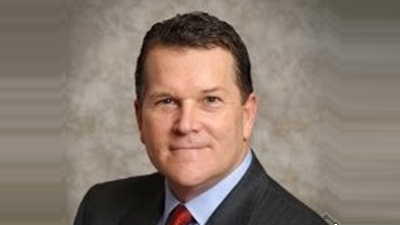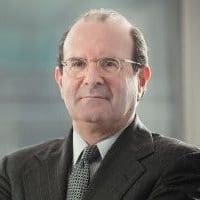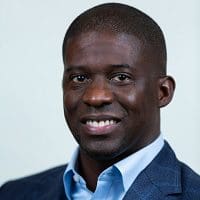
Pantheon Vision, which is developing bioengineered corneal implants to prevent blindness, has received $1.8 million in a second tranche from Baltimore nonprofit KeraLink International. In its first round last year, KeraLink, which emerged from the Maryland Eye Bank, had given $2.5 million.
“Corneal blindness affects over 13 million people worldwide but unfortunately has limited long-term solutions available, especially in underdeveloped countries,” said Douglas J. Furlong, vice chairman of the KLI board. “Pantheon Vision’s approach to alternative solutions for corneal transplants is directly aligned with our mission and we are proud to support those efforts.”
Industry Veteran at Helm
Pantheon is led by CEO John Sheets, a medical device industry veteran who has worked at some of the biggest eyecare firms in the world. He has served Hoya and Elisar, Alcon, Bausch & Lomb, and Johnson & Johnson. With a Ph.D. in Materials Science and Engineering from the University of Florida, Sheets also served the FDA, heading the regulator’s Office of Device Evaluation.
“The additional funding from KLI positions Pantheon Vision to advance our bioengineered corneal implants to treat corneal blindness,” said Sheets. “We are grateful for the support from KLI, which shares our passion for finding alternative solutions for curing corneal blindness globally.”
Commercial Real Estate
MacKenzie Companies
Advertising / Media / Communications / Public Relations
Nevins & Associates
Financial Services / Investment Firms
Chesapeake Corporate Advisors
Commercial Real Estate
Monday Properties
Venture Capital
Blue Delta Capital Partners
Internet / Technology
Foxtrot Media
Global Outlook
Pantheon says its bioengineered corneal implants will reduce reliance on donated corneal tissue, especially in low- and middle-income countries. Along with last year’s funding, KeraLink’s Daniel Stonko assumed the role of chief operating officer at Pantheon.
“Corneal blindness is a major global health issue, affecting more the 12 million people globally,” Stonko, who studied Biochemistry and Molecular Biology at the University of Maryland Baltimore County, said in a LinkedIn post. “Today, treatment primarily relies on transplants from human donor tissue.”
The Maryland Eye Bank, founded in 1962, has undergone several changes. For some time it collaborated with other eye banks, and turned into a key provider of sight-restoring ocular tissue. But it switched tactics, after believing its strategy was not likely to work in low- and middle-income countries. It eventually emerged as KeraLink, after selling its eye banks and transforming into “the only organization in the world solely committed to eradicating corneal blindness in LMICs.”



























